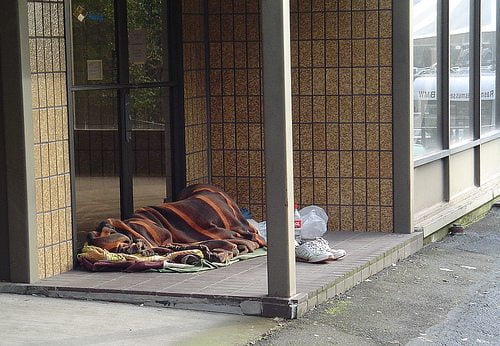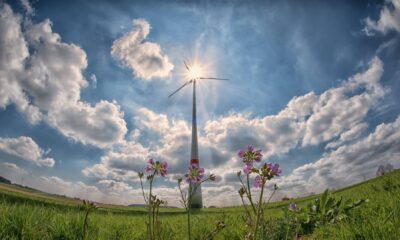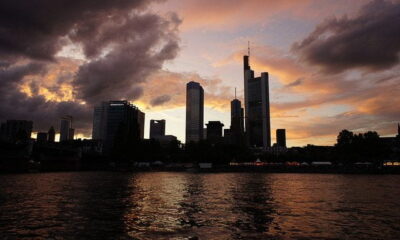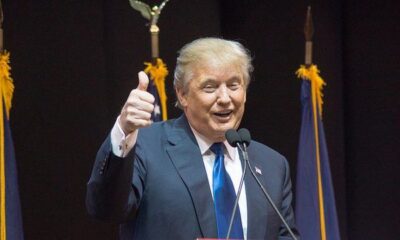

News
Richest 1% on track to own more than all the rest by 2016
Global inequality has been labelled as “simply staggering” after it was revealed that the wealthiest 1% is set to own more than the rest of the population combined by 2016.
A report published by charity Oxfam, entitled Wealth: Having it all and wanting more, found that the wealth gap is continuing to widen, despite the issue rising up the global agenda.
Between 2009 and 2014 the richest 1% have seen their share of global wealth increase from 44% to 48%, with members of this global elite now having an average wealth of $2.7 million (£1.8m) per adult. If the increases continue at the current pace just 1% of the population will own more than half of global wealth by 2016.
In stark contrast, the report noted that one in nine people do not have enough to eat, whilst more than a billion people still live on less than $1.25 a day.
Winnie Byanyima, executive director of Oxfam International, said, “Do we really want to live in a world where the 1% own more than the rest of us combined? The scale of global inequality is quite simply staggering and despite the issues shooting up the global agenda, the gap between the richest and the rest is widening fast.”
Byanyima added that failure to tackle inequality would set the “fight against poverty back decades”, explaining that the poor get hurt twice by rising inequality as they get a smaller share because extreme inequality hurts growth and there is less to share around.
The study has been released to coincide with the annual World Economic Forum meeting in Davos, Switzerland. Last year Oxfam revealed that the 85 richest people had the same wealth as the poorest 50%, or 3.5 billion people. The figure now stands at 80, a dramatic fall from 388 people in 2010, after these individuals saw wealth double in cash terms between 2009 and 2014.
Lady Lynn Forester de Rothschild, chief executive officer of EL Rothschild and chairman of the Coalition for Inclusive Capitalism, commented, “Oxfam’s report is just the latest evidence that inequality has reached shocking extremes, and continues to grow. It is time for global leaders of modern capitalism, in addition to our politicians, to work to change the system to make it more inclusive, more equitable and more sustainable.
“Extreme inequality isn’t just a more wrong. It undermine economic growth and it threatens the private sector’s bottom line.”
According to calculations from think-thank the High Pay Centre earlier this year, FTSE 100 chief executives had surpassed the average employees wage by their second day at work this year. The organisation said the findings highlights unfair pay that doesn’t make social of economic sense.
Photo: born 1945 via Flickr
Further reading:
FTSE chief executives surpass average annual salary in 2 days
Wealth of billionaires grew in 2013 despite global austerity
Global wealth at ‘all-time high’ of $241tn, but inequality still rife


 Environment12 months ago
Environment12 months agoAre Polymer Banknotes: an Eco-Friendly Trend or a Groundswell?

 Features11 months ago
Features11 months agoEco-Friendly Cryptocurrencies: Sustainable Investment Choices

 Features12 months ago
Features12 months agoEco-Friendly Crypto Traders Must Find the Right Exchange

 Energy11 months ago
Energy11 months agoThe Growing Role of Solar Panels in Ireland’s Energy Future





























